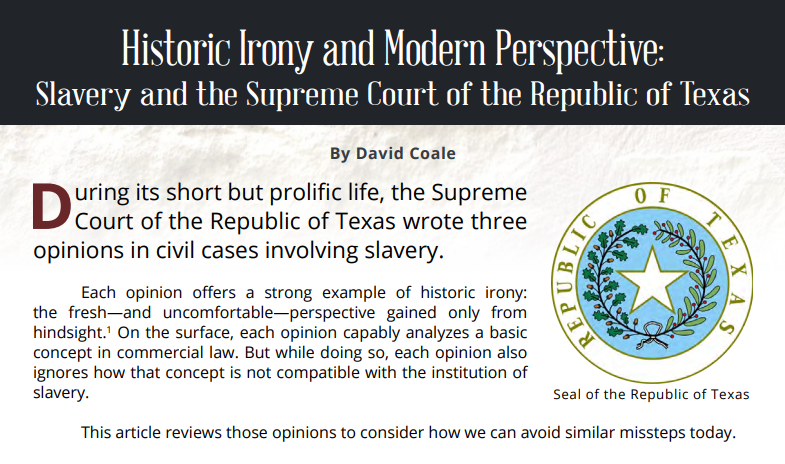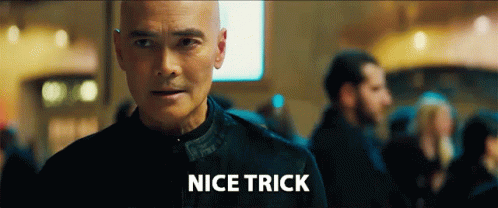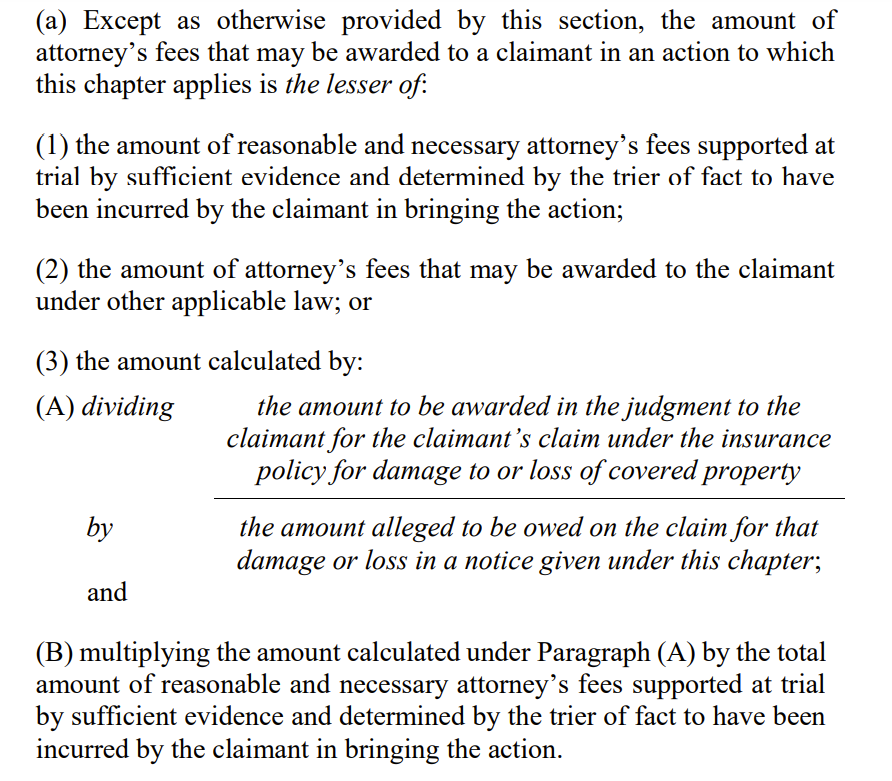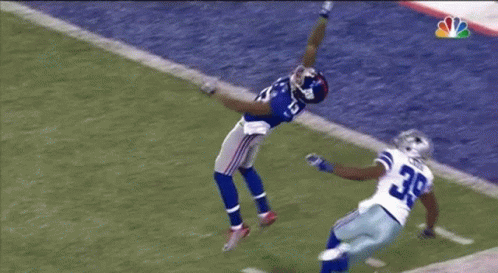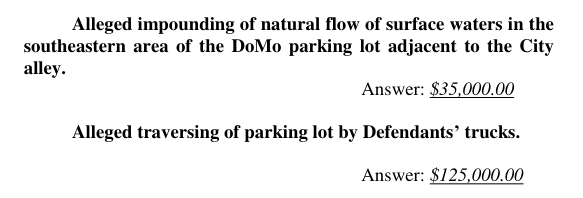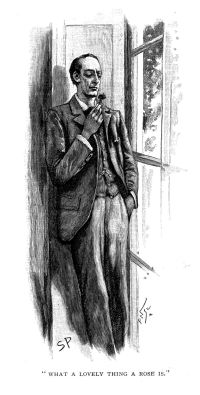 Literature is filled with nonexistent books, such as the “Necronomicon” in the works of H.P. Lovecraft, the “Treatise on the Binomial Theorem” written by Sherlock Holmes’s menace, Professor James Moriarty, etc.
Literature is filled with nonexistent books, such as the “Necronomicon” in the works of H.P. Lovecraft, the “Treatise on the Binomial Theorem” written by Sherlock Holmes’s menace, Professor James Moriarty, etc.
To that collection, we can now add Varghese v. China South Airlines, Ltd., 925 F.3d 1339 (11th Cir. 2019).
ChatGPT helpfully offered that opinion to a New York lawyer researching a technical limitations issue. Unfortunately for that lawyer, the opinion did not actually exist and neither did any of the cases that it purported to cite. An understandably vexed federal judge is now considering sanctions about the matter.
Language-model AI tools are extraordinarily powerful and making advances every day. But they aren’t designed to do legal research, and anything they say about a specific precedent needs to be verified (and not by asking ChatGPT to verify itself, as happened in the federal case cited above).
